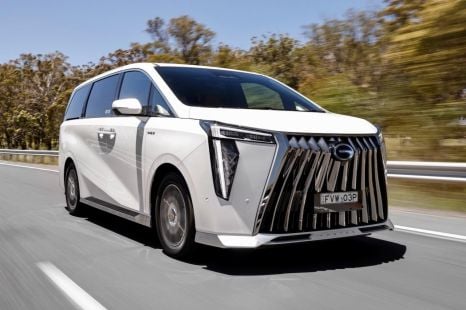

Ben Zachariah
2026 GAC M8 review: Quick drive
4 Days Ago
A planned vote on banning new petrol and diesel car sales in Europe by 2035 has been put on ice following objections by Germany and Italy.

Contributor
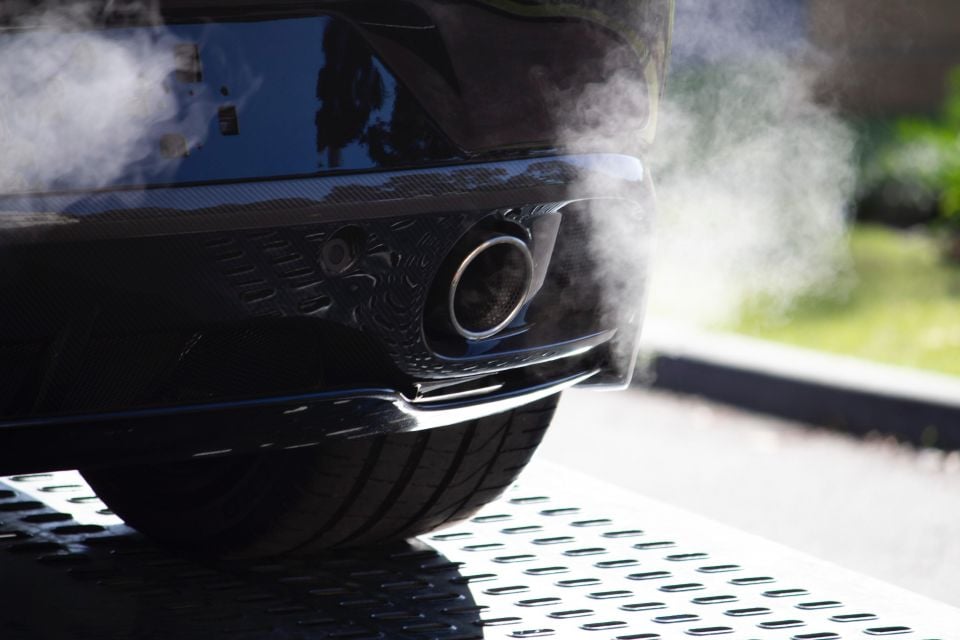

Contributor
The European Union (EU) has delayed its vote on legislation intended to phase out combustion engines by 2035 after pushback from Germany.
The new law would see the sale of new petrol and diesel cars banned across Europe by 2035, to support the goal of a carbon-neutral transport sector by 2050.
The vote was due to take place on March 7 but, per a report from Bloomberg, the German delegation has expressed its concerns with what it considers the law’s lack of adequate consideration for the role of e-fuels in a carbon-neutral future, thereby stalling the vote.
In a press conference, Germany’s Transport Minister Volker Wissing said the use of synthetic fuels in combustion engines should remain possible after 2035 and that this circumstance should be more clearly addressed within the legislation.

No new date has been set for the vote, with a European Commission spokesperson saying that it “will consider the potential contribution of CO2-neutral fuels to reach climate-neutral mobility,” and further discuss with country representatives to resolve issues with the proposed law.
German Chancellor Olaf Scholz and European Commission President Ursula von der Leyen have referred to their talks as having been “constructive”.
There is a non-binding section of the law as it is currently proposed that says the Commission will propose an arrangement for vehicles running on e-fuels to be sold after 2035, but Germany’s transport ministry wants more explicit guarantees before an agreement is made.
E-fuels, or synthetic fuels, recapture atmospheric carbon dioxide emissions during the production process, offsetting the emissions released when the fuel is burned by a vehicle to allow for close to net-zero emissions.
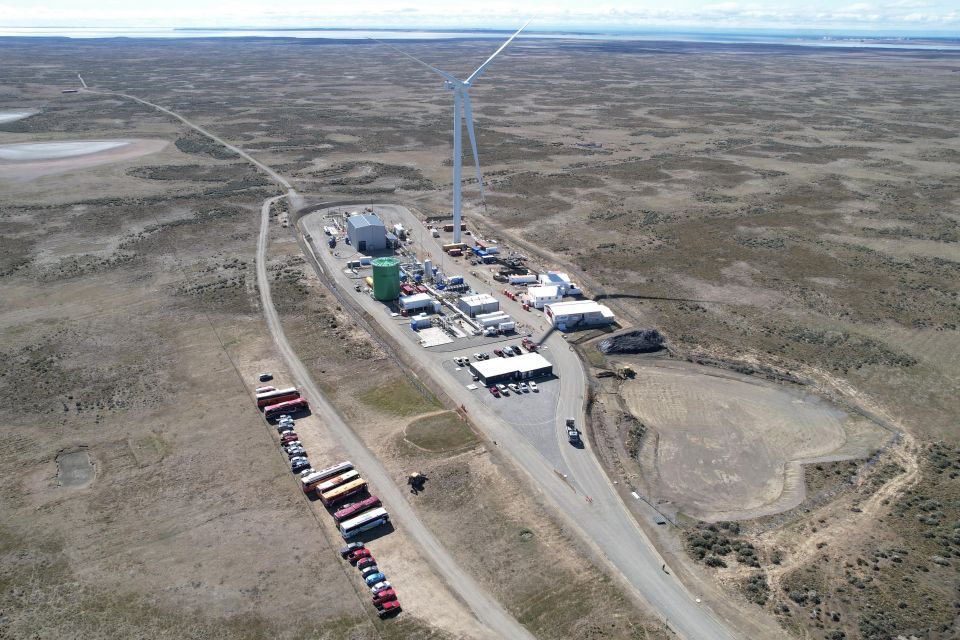
German automaker Porsche has invested heavily in synthetic fuels, opening a production facility in Chile last year and planning to also start production in Tasmania by 2026.
Germany is not the only major player expressing reluctance to agree to a complete ban on combustion engines.
“Italy has a very clear position – electric [cars] cannot be the only solution for the future,” Italian Energy Minister Gilberto Pichetto Fratin said in remarks reported by Reuters.
As the European Commission has said that the transition to zero-emission vehicles is “absolutely necessary” to meet its 2030 and 2050 climate targets, it is crucial that lawmakers get a stamp of approval from all member states.
As Germany is the largest car market in Europe, its reluctance to embrace the ban highlights the difficult balance that the EU must strike between economic interests and environmental concerns going forward.
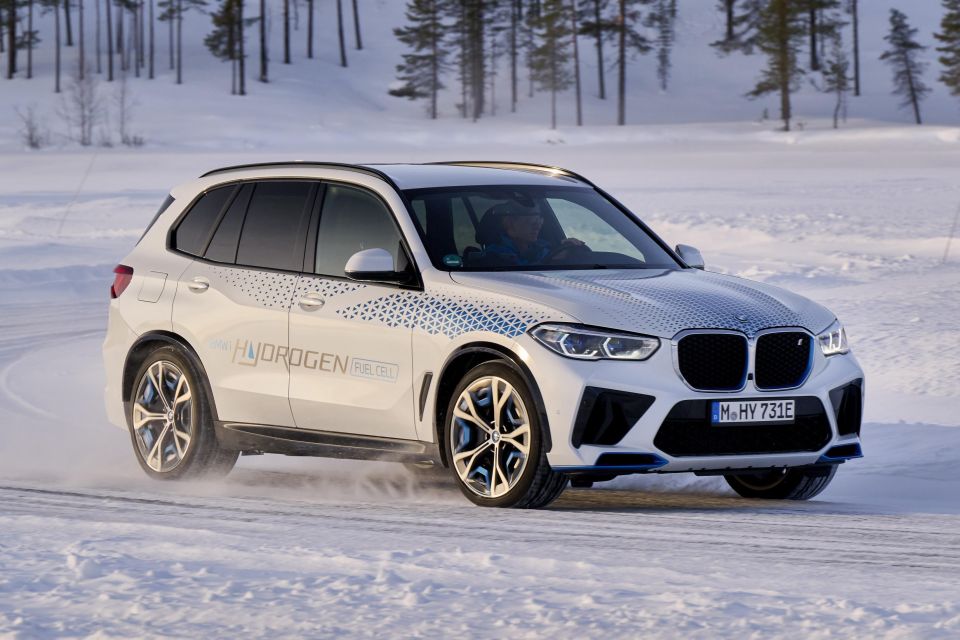
Audi has said it will phase out combustion engine vehicles by 2033 in favour of battery electric vehicles, and Mercedes-Benz will be electric-only by 2030 “where market conditions allow”.
However, BMW is a German brand that has shown it is looking beyond an EV-only path, particularly exploring the viability of hydrogen fuel cell electric vehicles (FCEVs) such as the iX5 SUV.
BMW chairman Oliver Zipse said, “To say in the UK about 2030 or the UK and in Europe in 2035, there’s only one drivetrain, that is a dangerous thing.”
The ‘Fit for 55’ package, which includes the 2035 ban on combustion vehicles, claims to contribute to the European Union’s overall climate objectives for 2030 and 2050 by directing the automotive industry towards low- and zero-emission technologies and making it more feasible for consumers to adapt said technologies.


Ben Zachariah
4 Days Ago
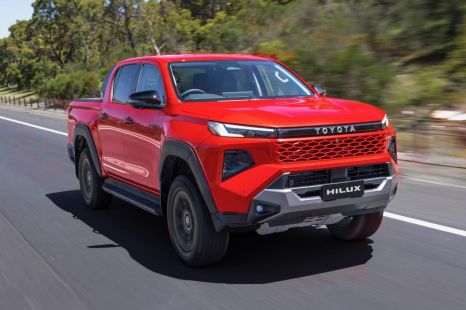

Ben Zachariah
2 Days Ago
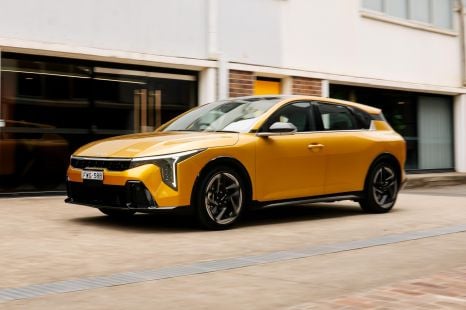

James Wong
2 Days Ago
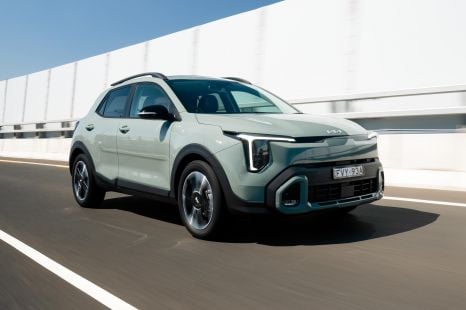

James Wong
2 Days Ago
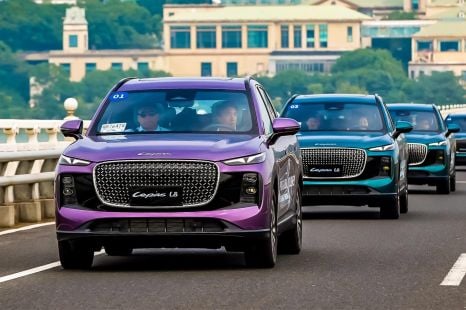

Andrew Maclean
1 Day Ago
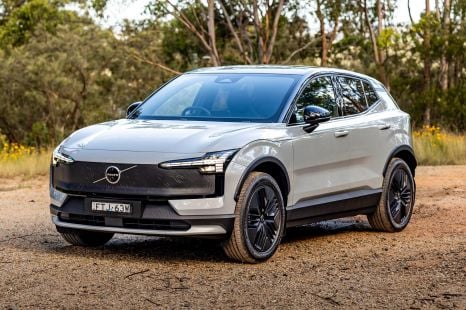

Matt Campbell
7 Hours Ago